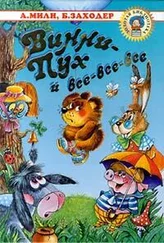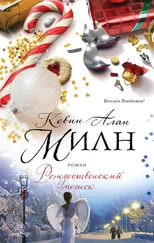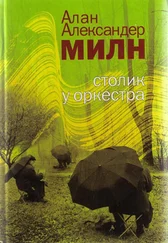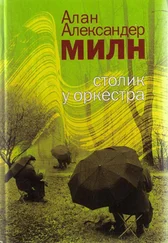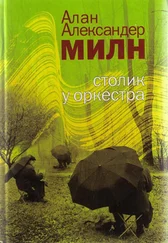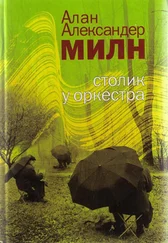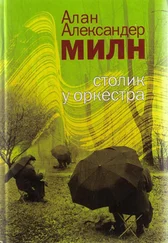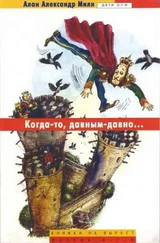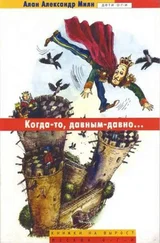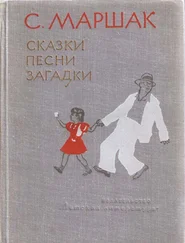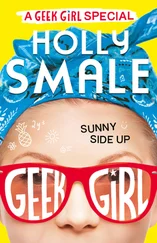Ho Lor, it isn't a dream, It's just as it used to be, every bit; Same old whistle and same old bang. And me to stay 'ere till I'm 'it.
It will save trouble if I say at once that I know nothing about horses. This will be quite apparent to you, of course, before I have finished, but I don't want you to suppose that it is not also quite apparent to me. I have no illusions on the subject; neither, I imagine, has Toby.
To me there are only two kinds of horse. Chestnuts, roans, bay rums—I know nothing of all these; I can only describe a horse simply as a nice horse or a nasty horse. Toby is a nice horse.
Toby, of course, knows much more about men than I do about horses, and no doubt he describes me professionally to his colleagues as a "flea–bitten fellow standing about eighteen hoofs"; but when he is not being technical I like to think that he sums me up to himself as a nice man. At any rate I am not allowed to wear spurs, and that must weigh with a horse a good deal.
I have no real right to Toby. The Signalling Officer's official mount is a bicycle, but a bicycle in this weather—! And there is Toby, and somebody must ride him, and, as I point out to the other subalterns, it would only cause jealousy if one of them rode him, and—"
"Why would it create more jealousy than if you do?" asked one of them.
"Well," I said, "you're the officer commanding platoon number—"
"Fifteen."
"Fifteen. Now, why should the officer commanding the fifteenth platoon ride a horse when the officer commanding the nineteenth—"
He reminded me that there were only sixteen platoons in a battalion. It's such a long time since I had anything to do with platoons that I forget.
"All right, we'll say the sixteenth. Why shouldn't he have a horse? Of all the unjust—Well, you see what recriminations it would lead to. Now I don't say I'm more valuable than a platoon–commander or more effective on a horse, but, at any rate, there aren't sixteen of me. There's only one Signalling Officer, and if there is a spare horse over—"
"What about the Bombing Officer?" said O.C. Platoon 15 carelessly.
I had quite forgotten the Bombing Officer. Of course he is a specialist too.
"Yes, quite so, but if you would only think a little," I said, thinking hard all the time, "you would—well, put it this way. The range of a Mills bomb is about fifty yards; the range of a field telephone is several miles. Which of us is more likely to require a horse?"
" And the Sniping officer?" he went on dreamily.
This annoyed me.
"You don't shoot snipe from horseback," I said sharply. "You're mixing up shooting and hunting, my lad. And in any case there are reasons, special reasons, why I ride Toby—reasons of which you know nothing."
Here are the reasons:—
1. I think I have more claim to a horse called Toby than has a contributor to "Our Feathered Friends" or whatever paper the Sniping Officer writes for.
2. When I joined the Army, Celia was inconsolable. I begged her to keep a stiff upper lip, to which she replied that she could do it better if I promised not to keep a bristly one. I pointed out that the country wanted bristles; and though, between ourselves, we might regard it as a promising face spoilt for a tradition, still discipline was discipline. And so the bristles came, and remained until the happy day when the War Office, at the risk of losing the war, made them optional. Immediately they were uprooted.
Now the Colonel has only one fault (I have been definitely promised my second star in 1927, so he won't think I am flattering him with a purpose): he likes moustaches. His own is admirable, and I have no wish for him to remove it, but I think he should be equally broad–minded about mine.
"You aren't really more beautiful without it," he said. "A moustache suits you."
"My wife doesn't think so," I said firmly. I had the War Office on my side, so I could afford to be firm.
The Colonel looked at me, and then he looked out of the window, and made the following remarkable statement.
"Toby," he said gently to himself, "doesn't like clean–shaven officers."
This hadn't occurred to me; I let it sink in.
"Of course," I said at last, "one must consider one's horse. I quite see that."
"With a bicycle," he said, "it's different."
And so there you have the second reason. If the Bombing Officer rode Toby, I should shave again to–morrow, and then where would the Battalion be? Ruined.
So Toby and I go off together. Up till now he has been good to me. He has bitten one Company Commander, removed another, and led the Colonel a three–mile chase across country after him, so if any misunderstanding occurs between us there will be good precedent for it. So far my only real trouble has been once when billeting.
Billeting is delightful fun. You start three hours in advance of the battalion, which means that if the battalion leaves at eight in the morning, you are up in the fresh of the day, when the birds are singing. You arrive at the village and get from the Mayor or the Town Major a list of possible hostesses. Entering the first house (labeled "Officers 5") you say, " Vous avez un lit pour un Officier ici, n'est–ce pas? Vive la France !" She answers, " Pas un lit ," and you go to the next house. " Vous avez place pour cent hommes—oui?" "Non ," says she—and so on. By–and–by the battalion arrives, and everybody surrounds you. "Where are my men going?" "Where is my billet?" "Where's 'C' Company's mess?" "Have you found anything for the Pioneers?" And so one knows what it is to be popular.
Well, the other day the Major thought he'd come with me, just to give me an idea how it ought to be done. I say nothing of the result; but for reasons connected with Toby I hope he won't come again. For in the middle of a narrow street crowded with lorries, he jumped off his horse, flung (I think that's the expression)—flung me the reins and said, "Just wait here while I see the Mayor a moment."
The Major's horse I can describe quite shortly—a nasty big black horse.
Toby I have already described as a nice horse, but he had been knee–deep in mud, inspecting huts, for nearly half an hour, and was sick of billeting.
I need not describe two–hundred–lorries–on–a–dark–evening to you.
And so, seeing that you know the constituents, I must let you imagine how they all mixed….
* * * * *
This is a beastly war. But it has its times; and when our own particular bit of the battle is over, and what is left of the battalion is marching back to rest, I doubt if, even in England (which seems very far off), you will find two people more contented with the morning than Toby and I, as we jog along together.
Seated in your comfortable club, my very dear sir, or in your delightful drawing–room, madam, you may smile pityingly at the idea of a mascot saving anybody's life. "What will be, will be," you say to yourself (or in Italian to your friends), "and to suppose that a charm round the neck of a soldier will divert a German shell is ridiculous." But out there, through the crumps, things look otherwise.
Common had sat on the mantelpiece at home. An ugly little ginger dog, with a bit of red tape for his tongue and two black beads for his eyes, he viewed his limited world with an air of innocent impertinence very attractive to visitors. Common he looked and Common he was called, with a Christian name of Howard for registration. For six months he sat there, and no doubt he thought that he had seen all that there was to see of the world when the summons came which was to give him so different an outlook on life.
Читать дальше

